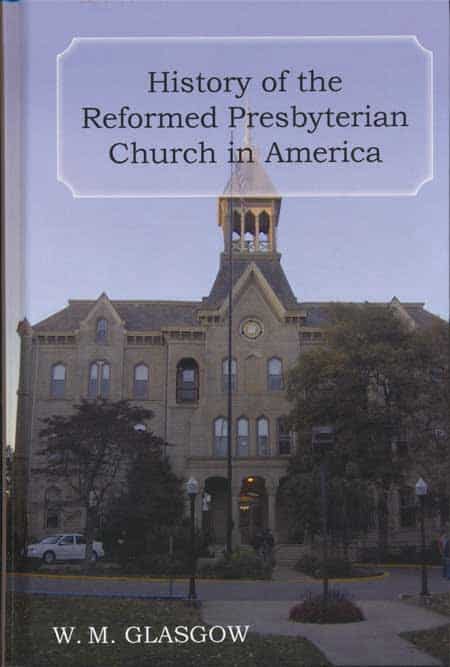This Day in Presbyterian History:
The Civil War is Finally Over
The Civil War was finally over, ecclesiastically, on June 10, 1983. By this we mean, that the two denominations which claimed the name of Presbyterian in their titles—122 years previous in the United States and the Confederate States—did at last unite.
A little history will help us understand this. On May 16, 1861, the Old School General Assembly split into north and south over the Gardner Spring Resolutions, which sought to support the Federal Government and Abraham Lincoln. (See May 16, 1861) Shortly after that point in time, the Presbyterian Church in the Confederate States of America began. When the South lost their attempt to be a sovereign nation in 1865, their name was changed to the Presbyterian Church in the United States.
There were attempts to heal this national split all the time. Southern Presbyterians, as they were called in general, went up to the next General Assembly after the close of the War Between the States in Pittsburgh, only to find out that their Northern Presbyterian brethren were not only not interested in unity, but further they were speaking of the southern states as worthy of missions!
Fast forward a hundred years. Another attempt to merge in the middle of the twentieth century, in the 1950’s, failed because the southern Presbyterians were unwilling to accept centralization of power. They placed a great deal more emphasis on local power than national power, such as the northern Presbyterians did.
In 1973, there was an exodus from the Presbyterian US over the same issues which brought forth their Northern cousins in the 1930’s — issues of Scriptural faith and practice. So the Presbyterian Church in America began in December, 1973.
Then in 1964, the Southern Presbyterian Church ordained women, as the Northern Presbyterian had done previously. Further the former accepted a book of confessions in 1975, as the Northern had done in 1967.
There was really no opposition left to stop this union. Perhaps that was because so many conservative Presbyterians had already left both denominations. Perhaps it was because of the increasing worldliness and continued decline of faithful righteousness in this nation. Regardless, on June 10, 1983, the Presbyterian Church US merged into the Presbyterian Church USA to form the largest Presbyterian church in the nation. They brought together some 3 million members, but ever since that day, the church had been losing members and churches over various issues. At the time of this post, the removal of restrictions over homosexual clergy this past year is bringing another group of losses of membership and churches, as remaining Bible believing ministers, members, and churches recognize the proverbial handwriting on the wall and leave to one of the evangelical and Reformed Presbyterian churches in existence.
Words to Live By: If Francis Mackemie would rise up from his grave and look at the Presbyterian Church in the United States of America today, would he recognize it as possessing the witness and testimony of 1706? If we could go back to the pivotal points of Presbyterian history, what would be our position now with respect to those time periods and challenges? It all demands of us to be aware of sites like the PCA History Center, support such efforts with our financial offerings, read its columns and articles, pray for its effectiveness in the Presbyterian and Reformed churches, and live in the light of its information. By the grace of God, perhaps we will not repeat earlier mistakes if we are aware of our history.
Through the Scriptures: Ecclesiastes 1 – 3
Through the Standards: The moral law was given prior to sin, as is stated in the Confession of Faith
WCF 19:1
“God gave to Adam a law, as a covenant of works, by which He bound him and all his posterity, to personal, entire, exact, and perpetual obedience, promised life upon the fulfilling, and threatened death upon the breach of it, and endued him with power and ability to keep it.”




